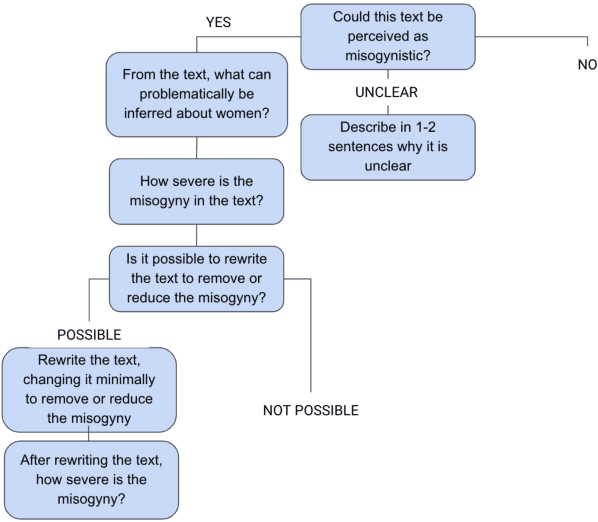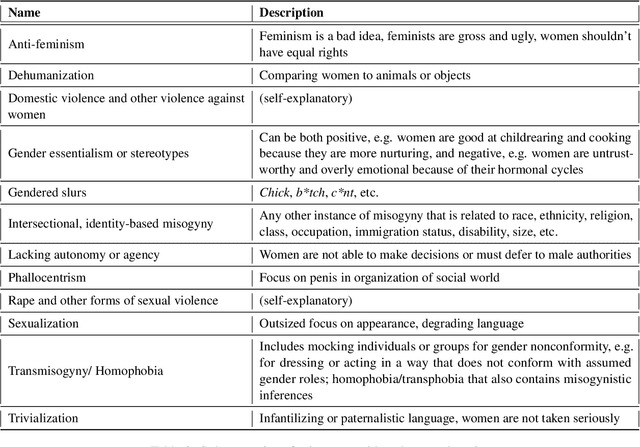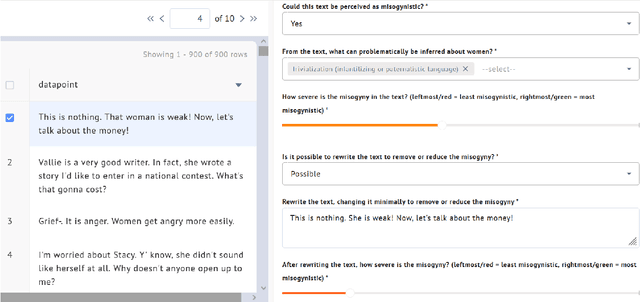Carolyne Pelletier
Tapered Off-Policy REINFORCE: Stable and efficient reinforcement learning for LLMs
Mar 19, 2025Abstract:We propose a new algorithm for fine-tuning large language models using reinforcement learning. Tapered Off-Policy REINFORCE (TOPR) uses an asymmetric, tapered variant of importance sampling to speed up learning while maintaining stable learning dynamics, even without the use of KL regularization. TOPR can be applied in a fully offline fashion, allows the handling of positive and negative examples in a unified framework, and benefits from the implementational simplicity that is typical of Monte Carlo algorithms. We demonstrate the effectiveness of our approach with a series of experiments on the GSM8K and MATH reasoning benchmarks, finding performance gains for training both a model for solution generation and as a generative verifier. We show that properly leveraging positive and negative examples alike in the off-policy regime simultaneously increases test-time accuracy and training data efficiency, all the while avoiding the ``wasted inference'' that comes with discarding negative examples. We find that this advantage persists over multiple iterations of training and can be amplified by dataset curation techniques, enabling us to match 70B-parameter model performance with 8B language models. As a corollary to this work, we find that REINFORCE's baseline parameter plays an important and unexpected role in defining dataset composition in the presence of negative examples, and is consequently critical in driving off-policy performance.
Subtle Misogyny Detection and Mitigation: An Expert-Annotated Dataset
Nov 15, 2023



Abstract:Using novel approaches to dataset development, the Biasly dataset captures the nuance and subtlety of misogyny in ways that are unique within the literature. Built in collaboration with multi-disciplinary experts and annotators themselves, the dataset contains annotations of movie subtitles, capturing colloquial expressions of misogyny in North American film. The dataset can be used for a range of NLP tasks, including classification, severity score regression, and text generation for rewrites. In this paper, we discuss the methodology used, analyze the annotations obtained, and provide baselines using common NLP algorithms in the context of misogyny detection and mitigation. We hope this work will promote AI for social good in NLP for bias detection, explanation, and removal.
 Add to Chrome
Add to Chrome Add to Firefox
Add to Firefox Add to Edge
Add to Edge